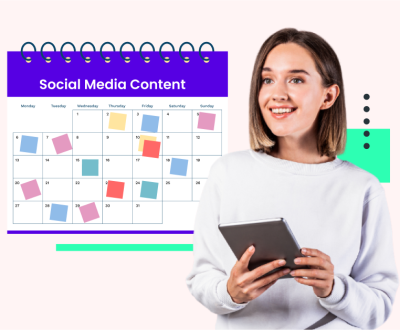Mastering Pay-Per-Click (PPC) Advertising
- June 30, 2024
- Digital Marketing, Branding, Business
In the world of digital marketing, Pay-Per-Click (PPC) advertising is like a secret weapon for businesses aiming to boost their online visibility and attract potential customers. Whether you’re a marketing pro or just dipping your toes into the digital waters, understanding the ins and outs of PPC can unlock a world of possibilities for your business. In this guide, we’ll dive deep into the world of PPC advertising, covering everything from the basics to advanced strategies, so you can harness its power to achieve your marketing goals.
What Exactly is Pay-Per-Click (PPC) Advertising?
PPC advertising is a digital marketing strategy where advertisers pay a fee each time their ad is clicked. It’s like a fast pass to getting your website in front of potential customers, bypassing the long wait of organic search results. One of the most common forms of PPC is search engine advertising, where advertisers bid for ad placement in search engine results when users search for specific keywords related to their business.
Why Should You Care About PPC Advertising?
- Instant Results: Unlike other forms of marketing that take time to show results, PPC advertising can drive immediate traffic to your website, helping you reach your audience faster.
- Targeted Reach: PPC platforms offer advanced targeting options, allowing you to tailor your ads to specific demographics, locations, and interests, ensuring your message reaches the right people.
- Measurable Impact: With PPC, you can track the performance of your ads in real-time, giving you valuable insights into what’s working and what’s not so you can optimize your campaigns for better results.
- Cost-Effective: You only pay when your ad is clicked, making PPC a cost-effective way to drive traffic to your website and generate leads.
Key Strategies for PPC Advertising Success
- Keyword Research: Start by researching relevant keywords that your target audience is searching for. Use tools like Google Keyword Planner to find high-performing keywords to target in your campaigns.
- Compelling Ad Copy: Write compelling ad copy that grabs attention and encourages users to click. Highlight your unique selling points and include a clear call-to-action to drive conversions.
- Optimized Landing Pages: Ensure your landing pages are optimized for conversions. They should be relevant to your ad and provide a seamless user experience to encourage visitors to take action.
- Utilize Ad Extensions: Take advantage of ad extensions to provide additional information to users and make your ads more appealing. Ad extensions can include call extensions, location extensions, and sitelink extensions.
- Monitor and Optimize: Keep a close eye on the performance of your PPC campaigns and make adjustments as needed. This includes adjusting bids, refining targeting, and testing different ad creatives to improve results.
PPC advertising is a powerful tool for businesses looking to drive targeted traffic to their websites and generate leads. By understanding the fundamentals of PPC advertising and implementing effective strategies, you can unlock its full potential and achieve your marketing goals. So, dive in, experiment, and watch your business soar with PPC advertising!
About us and this blog
We are a digital marketing company with a focus on helping our customers achieve great results across several key areas.
Request a free quote
We offer professional SEO services that help websites increase their organic search score drastically in order to compete for the highest rankings even when it comes to highly competitive keywords.
Subscribe to our newsletter!
More from our blog
See all postsRecent Posts
- Understanding User Experience (UX) in Digital Marketing December 15, 2024
- How to Create a Social Media Content Calendar: A Step-by-Step Guide November 30, 2024
- Creating a Strong Brand Identity in the Digital Age November 15, 2024












